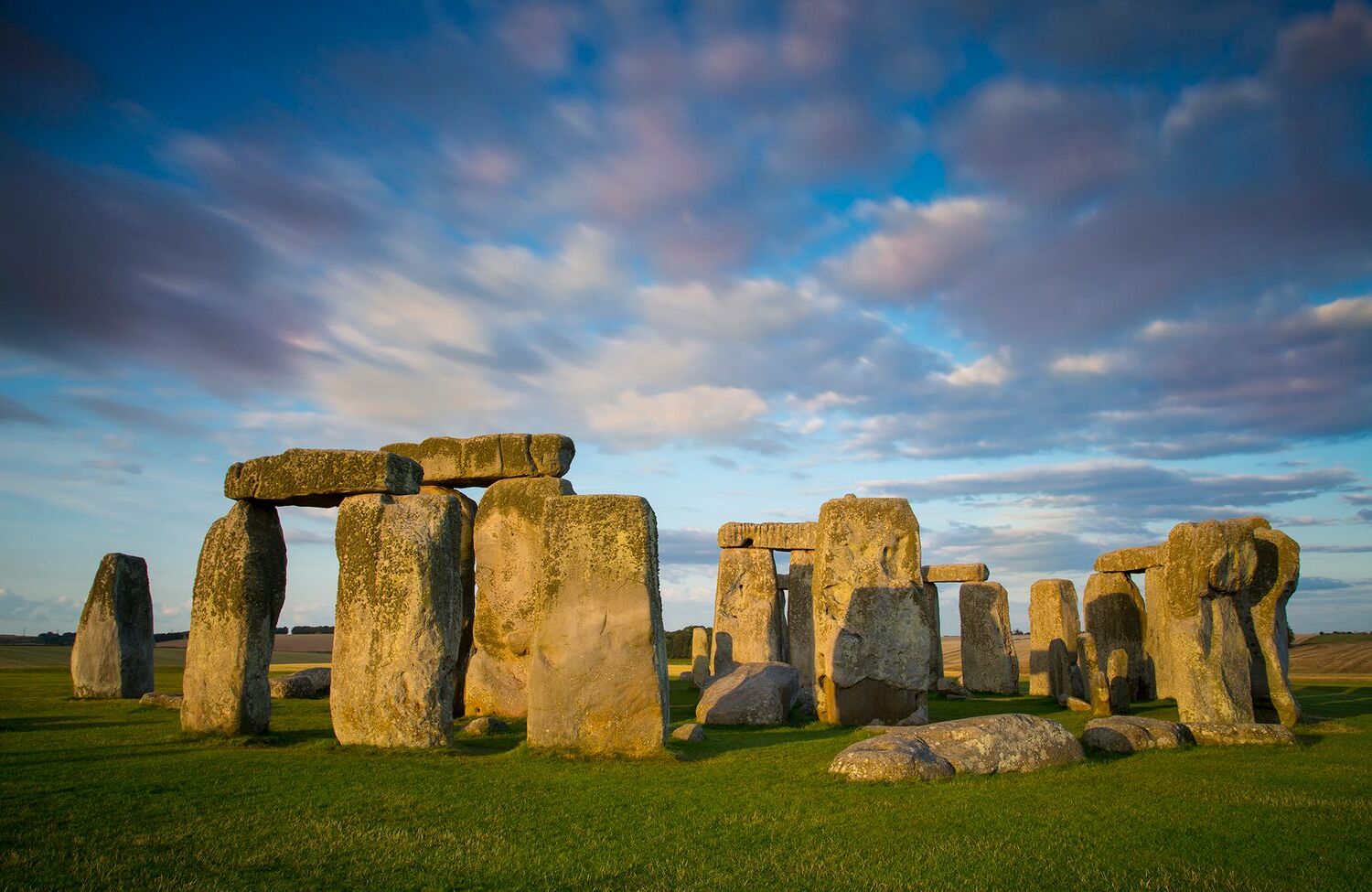
Heritage is more than just old buildings and ancient artifacts. It's the story of our past, the traditions we carry forward, and the values we hold dear. Why is heritage important? Heritage connects us to our roots, offering a sense of identity and continuity. It helps us understand where we come from and shapes our future. Preserving heritage fosters pride and respect for diverse cultures and histories. It also boosts tourism, creating economic benefits for communities. From historic landmarks to traditional crafts, heritage enriches our lives in countless ways. Ready to dive into 26 fascinating facts about heritage? Let's get started!
Key Takeaways:
- Heritage includes tangible and intangible elements passed down through generations, shaping identities and connecting people to their roots. It's like a treasure chest of traditions, stories, and cultural wonders!
- Famous World Heritage Sites, like the Great Wall of China and the Taj Mahal, are globally recognized for their exceptional value to humanity. They're like time capsules that hold ancient secrets and incredible stories!
What is Heritage?
Heritage refers to the traditions, monuments, objects, and culture passed down through generations. It shapes identities and connects people to their roots. Let's explore some fascinating facts about heritage.
-
Cultural Heritage includes tangible items like buildings, monuments, and artifacts, as well as intangible elements like folklore, traditions, and languages.
-
Natural Heritage encompasses landscapes, biodiversity, and geological formations that hold cultural, aesthetic, or scientific value.
-
World Heritage Sites are landmarks or areas recognized by UNESCO for their cultural, historical, or scientific significance.
-
Intangible Cultural Heritage involves practices, expressions, knowledge, and skills that communities recognize as part of their cultural heritage.
-
Heritage Conservation aims to protect and preserve heritage sites and objects from decay, damage, or destruction.
Famous World Heritage Sites
These sites are globally recognized for their exceptional value to humanity. They attract millions of visitors each year.
-
The Great Wall of China stretches over 13,000 miles and was built to protect against invasions.
-
Machu Picchu in Peru is an ancient Incan city set high in the Andes Mountains, known for its sophisticated dry-stone construction.
-
The Pyramids of Giza in Egypt are monumental tombs built for pharaohs, showcasing ancient engineering prowess.
-
The Taj Mahal in India is a white marble mausoleum built by Emperor Shah Jahan in memory of his wife Mumtaz Mahal.
-
Stonehenge in England is a prehistoric monument consisting of a ring of standing stones, whose purpose remains a mystery.
Intangible Cultural Heritage
These elements are crucial for maintaining cultural diversity in the face of globalization.
-
Flamenco is a passionate Spanish art form that combines singing, guitar playing, dance, and handclaps.
-
Yoga originated in ancient India and includes physical, mental, and spiritual practices aimed at achieving harmony.
-
Carnival of Rio de Janeiro is a vibrant Brazilian festival featuring parades, music, and dance, celebrated before Lent.
-
Japanese Tea Ceremony is a traditional ritual influenced by Zen Buddhism, emphasizing harmony, respect, purity, and tranquility.
-
Mongolian Throat Singing is a unique vocal technique where a single performer produces multiple pitches simultaneously.
Heritage and Identity
Heritage plays a vital role in shaping individual and collective identities. It fosters a sense of belonging and pride.
-
Language is a key component of cultural heritage, with thousands of languages spoken worldwide, each carrying unique histories and traditions.
-
Traditional Clothing reflects cultural identity and varies widely across different regions and communities.
-
Cuisine is an essential aspect of heritage, with traditional recipes passed down through generations, preserving cultural flavors and techniques.
-
Festivals and Celebrations are expressions of cultural heritage, often marking significant historical, religious, or seasonal events.
-
Craftsmanship involves traditional skills and techniques used to create handmade objects, preserving cultural knowledge and artistry.
Challenges in Heritage Preservation
Preserving heritage faces numerous challenges, from natural disasters to human activities.
-
Climate Change poses a significant threat to heritage sites, with rising sea levels and extreme weather causing damage.
-
Urbanization leads to the destruction of historical sites to make way for modern infrastructure.
-
Looting and Illegal Trade of artifacts result in the loss of cultural heritage and historical knowledge.
-
Neglect and Lack of Funding hinder conservation efforts, leading to the deterioration of heritage sites and objects.
-
War and Conflict cause irreparable damage to heritage, as seen in the destruction of ancient cities and monuments.
The Future of Heritage
Efforts are being made globally to ensure the preservation and appreciation of heritage for future generations.
- Digital Preservation uses technology to document and create virtual replicas of heritage sites and objects, making them accessible to a wider audience.
Heritage: A Living Legacy
Heritage shapes our identity, connecting us to our roots. It’s not just about old buildings or artifacts; it’s about traditions, languages, and stories passed down through generations. Preserving heritage means keeping history alive for future generations. It’s a reminder of where we come from and a guide for where we’re headed. By valuing and protecting our heritage, we honor those who came before us and enrich our own lives. Whether it’s a local festival, a historic site, or a family recipe, every piece of heritage tells a story worth remembering. Embrace these stories, share them, and ensure they’re not forgotten. Heritage isn’t just a thing of the past; it’s a living, breathing part of our present and future. Let’s cherish it, celebrate it, and keep it alive for years to come.
Frequently Asked Questions
Was this page helpful?
Our commitment to delivering trustworthy and engaging content is at the heart of what we do. Each fact on our site is contributed by real users like you, bringing a wealth of diverse insights and information. To ensure the highest standards of accuracy and reliability, our dedicated editors meticulously review each submission. This process guarantees that the facts we share are not only fascinating but also credible. Trust in our commitment to quality and authenticity as you explore and learn with us.


